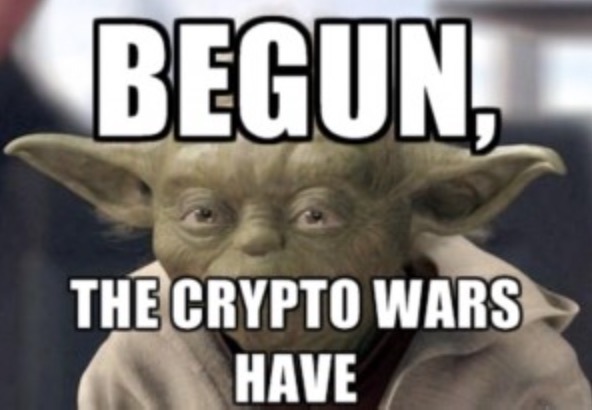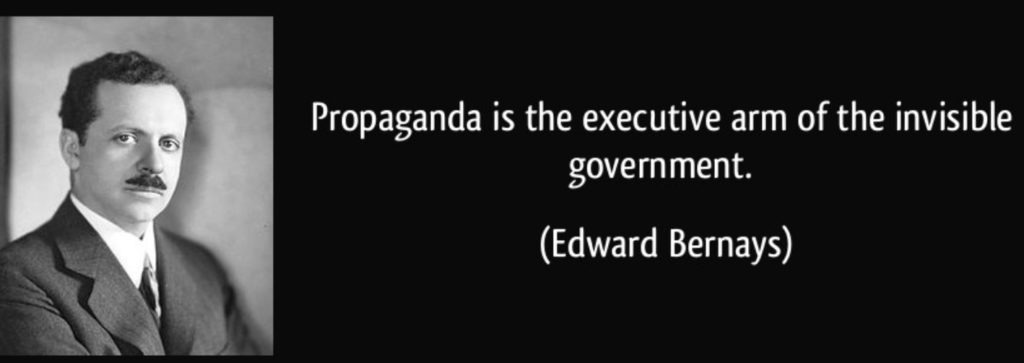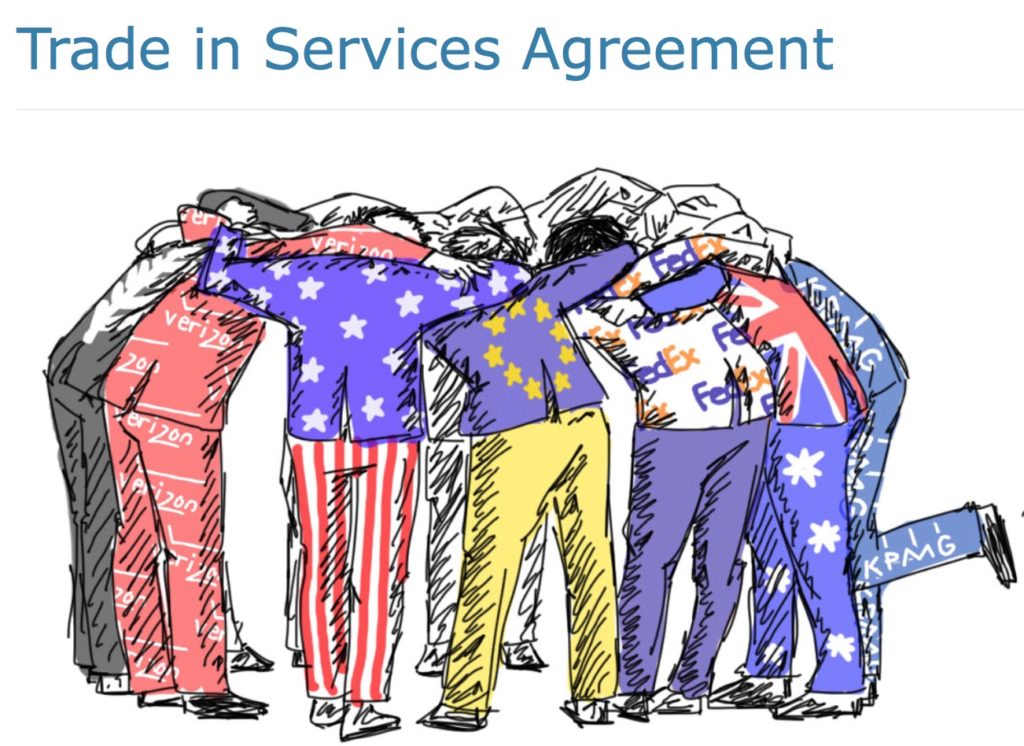
Some would argue that building a backdoor for just one iPhone is a simple, clean-cut solution. But it ignores both the basics of digital security and the significance of what the government is demanding in this case.
In today’s digital world, the “key” to an encrypted system is a piece of information that unlocks the data, and it is only as secure as the protections around it. Once the information is known, or a way to bypass the code is revealed, the encryption can be defeated by anyone with that knowledge.
The government suggests this tool could only be used once, on one phone. But that’s simply not true. Once created, the technique could be used over and over again, on any number of devices. In the physical world, it would be the equivalent of a master key, capable of opening hundreds of millions of locks — from restaurants and banks to stores and homes. No reasonable person would find that acceptable.
The government is asking Apple to hack our own users and undermine decades of security advancements that protect our customers — including tens of millions of American citizens — from sophisticated hackers and cybercriminals. The same engineers who built strong encryption into the iPhone to protect our users would, ironically, be ordered to weaken those protections and make our users less safe.
We can find no precedent for an American company being forced to expose its customers to a greater risk of attack. For years, cryptologists and national security experts have been warning against weakening encryption. Doing so would hurt only the well-meaning and law-abiding citizens who rely on companies like Apple to protect their data. Criminals and bad actors will still encrypt, using tools that are readily available to them.
– From Apple CEO Tim Cook’s letter: A Message to Our Customers
I’ve spend most of the morning reading as much as possible about the explosive battle between the FBI and Apple over consumer rights to digital privacy and security. I came away with a refined sense of just how monumental this case is, as well as a tremendous amount of respect for Apple CEO Tim Cook for his public stance against the feds.
Before I get into the issue at hand, some background is necessary. The feds, and the FBI in particular, have been very vocal for a long time now about the desire to destroy strong encryption, i.e., the ability of citizens to communicate privately. A year ago, I wrote the following in the post, By Demanding Backdoors to Encryption, U.S. Government is Undermining Global Freedom and Security:
Read more
Follow me on Twitter.






